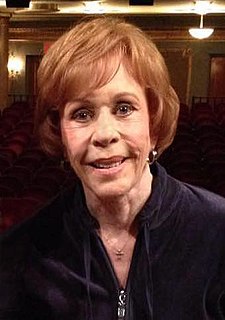A Quote by James Ellroy
I don't think I will write anything that could be even remotely considered a genre novel from this point on. I think I've graduated.
Related Quotes
I don't feel one could even remotely touch the idea of intimidating others, but because I've understood the other side of the experience, I will occasionally, if I smell that could even be in the air for a few minutes, say to the director, "Please, you must tell me anything you want. Please say all the things you think might be terribly hurtful like, 'That was boring.'"
I'm skeptical that the novel will be "reinvented." If you start thinking about a medical textbook or something, then, yes, I think that's ripe for reinvention. You can imagine animations of a beating heart. But I think the novel will thrive in its current form. That doesn't mean that there won't be new narrative inventions as well. But I don't think they'll displace the novel.
I had a lot of issues with the genre, and I probably even had issues with the whole idea of genre. I was coming into it with a certain degree of outsider attitude, and I didn't have a long-term plan. But I think the way it's worked out, it's sort of warped into what I suppose you could say is my own genre. If people like my books, they have some idea of what the next one will be like.






































